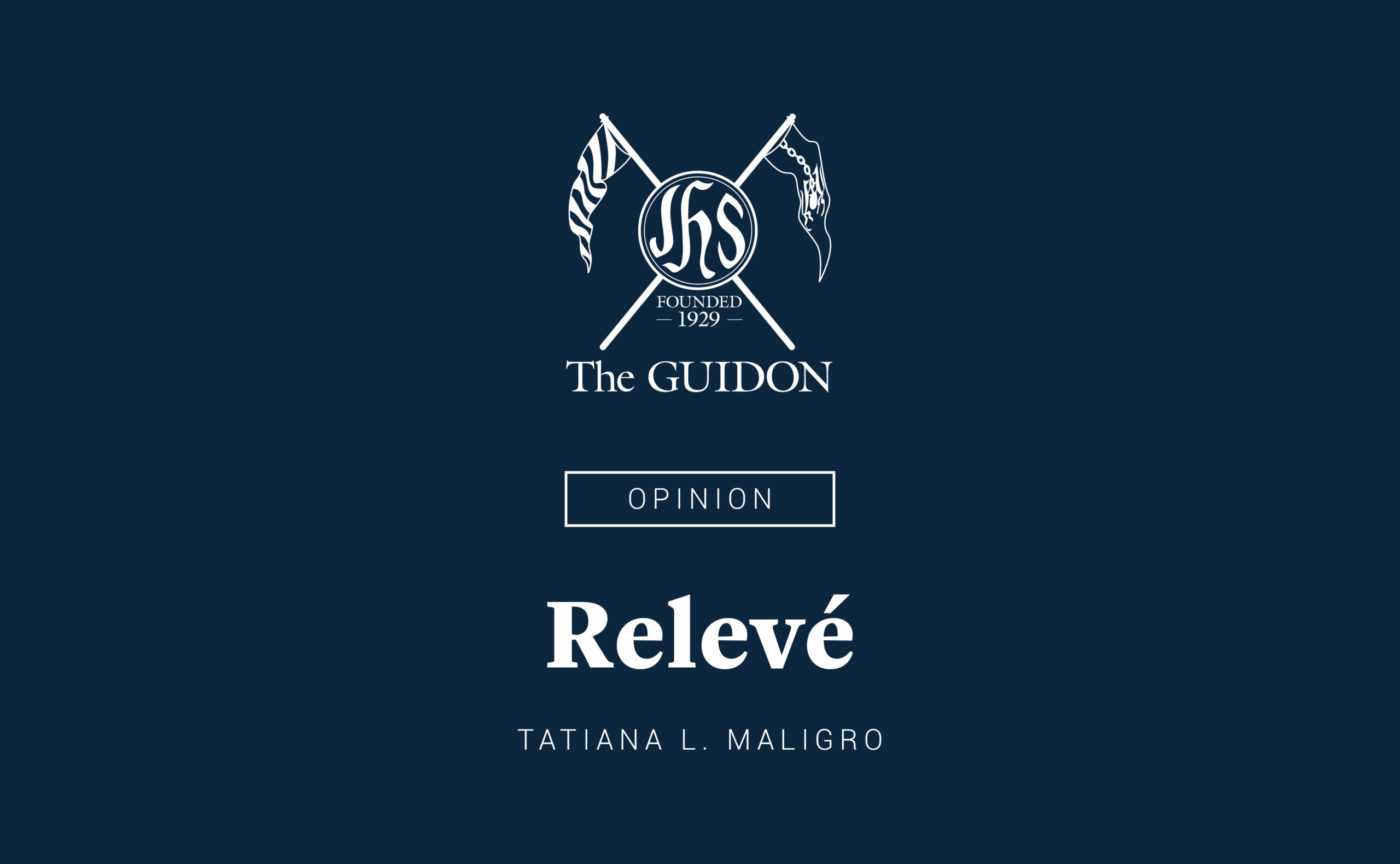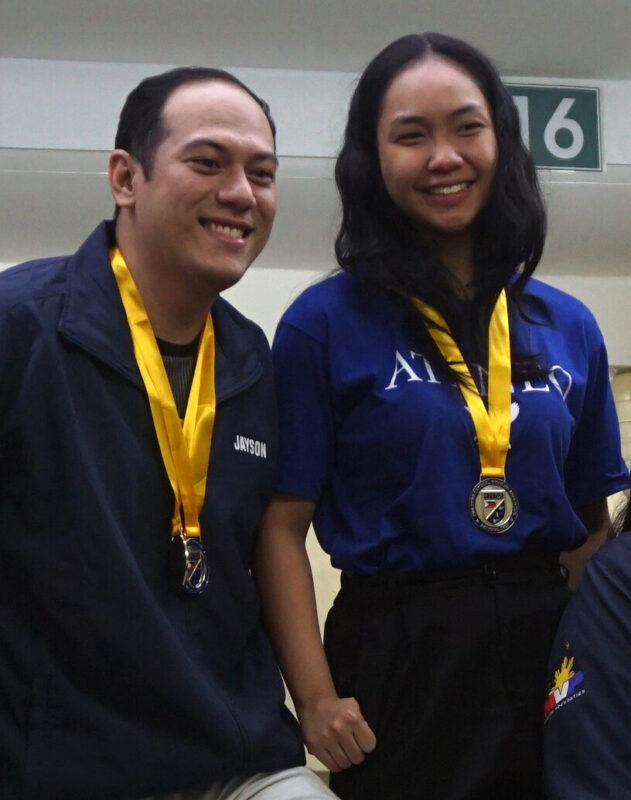When I first came to Manila, I was startled to hear the Prayers of the Faithful in only English or Filipino.
You see, my Jesuit-run high school celebrated mass a little differently. While it started off like any other celebration of the eucharist, our Prayers of the Faithful were offered in a wide variety of languages. After the usual English, Filipino, and Bisaya prayers, Muslim and Lumad members of our community were also given the opportunity to offer their prayers in Arabic and Binukid, respectively.
The school also took smaller steps towards religious inclusivity. I recall one instance when our teachers woke up at 2 AM to cook our Muslim classmates’ suhur or meal before dawn since our 3-day retreat schedule fell on the month of Ramadan.
While I remained aware of the discrimination against Muslims beyond our high school gates, it was only when I arrived in Manila did it truly sink in that this wasn’t the norm. I would soon find out I was the only one in my classes that would start prayers with, “For the Catholics, please make the sign of the cross.” We were no longer given the assurance that students could pray to their god. Instead, Manila greeted me with the sight of people taking a hesitant step back whenever a woman wearing a hijab entered the train. I was greeted by people who would ask me if I was “war-shock” or where my hijab was if they found out I was from Mindanao. While these may be naïve remarks and habits, they unknowingly polarize and perpetuate preconceived notions towards our Moro brothers and sisters.
It’s no secret that Filipino Muslims continue to experience institutionalized discrimination. The US State Department has noted a number of instances when Muslim women were prevented from wearing their hijab to school and work. Muslim Filipinos have even been denied housing just because of their religion. Even national media outlets continue to perpetuate bias against Muslims and Mindanao in their stories by failing to contextualize the conflict in the region.
Despite our Constitution’s promise of religious freedom and acceptance, we continue to witness these discriminatory acts because we have yet to put our prejudices behind us. We are yet to realize that these preconceived notions have made tasks like finding a job or a home unnecessarily difficult for Muslim Filipinos. This raises an important question: Is the Philippines truly accepting its minority groups or have we just learned to put on a mask of tolerance?
We need to see that stereotyping has curated a system that disadvantages Moros, but we can begin to change this by refusing to let our faith divide us. While there is a need to reform the status quo and strictly implement anti-discrimination laws, we also need to recognize that sitting by the sidelines will only allow this culture of hate to perpetrate. By responding to these subtle acts of discrimination with resistance instead of passivity, I am hopeful that we can begin to cultivate a culture that fulfills the country’s promised religious freedom and expression.







